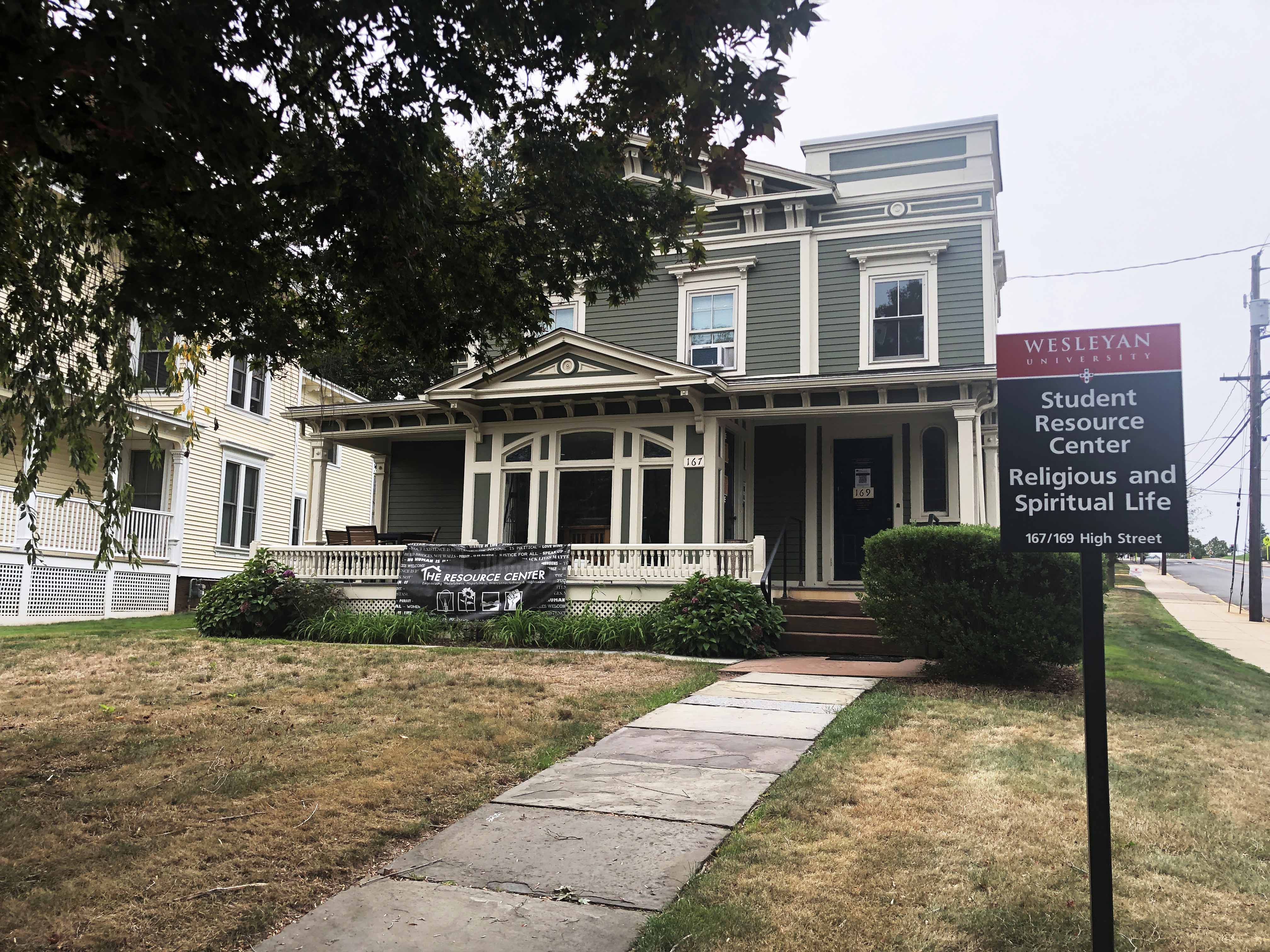
First Things First (FTF), the orientation program organized by the Resource Center for first-year, First-Generation Low-Income (FGLI) students, ran from Monday, July 20 to Friday, Aug. 28. As a result of the COVID-19 pandemic, this year’s FTF program was conducted online, featuring a number of synchronous and asynchronous programs rather than previous years’ in-person, two-and-a-half-day program before New Student Orientation (NSO).
FTF specifically aims to help FGLI students adjust to campus life and equip them with the necessary resources, support systems, and academic services to succeed at the University. The program is also an opportunity for students to engage in conversations about their backgrounds and how to navigate a predominately white and wealthy institution.
This year’s six-week program divided each week into themes, each focusing on a specific facet of campus life: a welcome to Wesleyan, financial aid and independence, academic readiness and resources, connections and networking at Wesleyan, self-care and discovery, and onwards and upwards.
Students attended workshops and panels organized by Resource Center Director Demetrius Colvin and FTF intern CeCe Payne ’21, interacting with each other and their FTF orientation interns.
According to Colvin, FTF acknowledges the inequalities faced by FGLI students and provides them with resources for success at the University.
“If you come from a family that has that…expectation, or has that experience, then not only are you passively getting a lot of that information just as you’re growing up, but then you also have a direct source you can go to, as you are facing challenges and having questions, and first generation low income students really don’t have that same resource,” Colvin said. “So that’s partially why this program was created to help them get that social and cultural capital they need to successfully navigate the institution.”
In addition to helping address some of the institutionalized challenges FGLI students face, FTF builds connections for students, creating a community built on shared experiences.
“FTF for me is sort of like the first kind of community you’re brought into,” FTF Orientation Leader (OL) Mahey Gheis ’22 said. “As a first-generation, low-income student, it means finding people that can relate to you on that level which is kind of hard to parse out when you’re at Wesleyan among a general population of college students, and it’s an opportunity really for connections that can be formed on the basis of those commonalities, which I think is really unique.”
FTF Orientation Leader Ariana Baez ’22 echoed Gheis’ words, describing her own experience as a participant and OL for FTF as both meaningful and welcoming.
“FTF was the thing that made me feel secure in my position at Wes regardless of my identity and actually because of my identity,” Baez said.“It celebrated me and ensured me that I was here on my own merit, not as a statistic or filling a quota for Wes, but it really empowered me to take up space and find my own community.”
It is unclear whether the changes made for this year’s program will carry over into future years. Nonetheless, Baez hopes that the positive feedback about the new format will be taken into consideration when planning for next year so that the program can continue to grow and support FGLI students in the best ways it can.
“Every FTF student that I talked to this semester, I think, felt a lot more supported because it wasn’t a three-day thing, although they didn’t get the traditional social in-person interactions that I did,” Baez said.
Despite this lack of in-person, Payne still emphasized the overall success of this year’s FTF program.
“There were a lot of moving parts that went into this, but it came together in a really conducive final product,” Payne said. “I think one of the big things we had to keep asking throughout was just about access and thinking about the fact that we were in the middle of a pandemic and there were a lot of things that were on people’s plates that they might not have had planned in March…. It was just a lot of different things that we had to consider to make sure that everyone was able to capitalize in the way that we wanted them to. I think at the end of the day, we did a good job.”
Oliver Cope can be reached at ocope@wesleyan.edu.
Hallie Sternberg can be reached at hsternberg@wesleyan.edu or on Twitter @halsternberg.


Leave a Reply